The Best Vitamins for Leg Cramps: An Insight into Effective Supplements
Leg cramps, those painful and involuntary muscle contractions, are a bane to many. Whether experienced as nocturnal leg cramps disturbing your peaceful slumber or as an interruption during physical activity, they are undeniably bothersome. While multiple factors might be responsible for leg cramps, there's growing attention on the role of vitamins and minerals in muscle health and contraction. As muscle cramps become a significant concern in the American healthcare system, it's crucial to understand the best vitamins and supplements that can aid in preventing and managing leg muscle issues.
Magnesium: The Super Mineral
At the forefront of muscle relaxation and contraction is magnesium. A magnesium deficiency can lead to muscle spasms, muscle pain, and even restless legs. Magnesium supplements, notably magnesium glycinate, magnesium chloride, and citrate, have been heralded for their role in maintaining muscle function.
Whole grains, nuts, and leafy greens are excellent dietary sources of magnesium. However, for those with low levels, supplements might be the way to go. It's crucial to be aware of side effects and consult with a medical professional before starting any supplementation.
Potassium and Electrolyte Balance
Potassium plays a vital role in electrolyte balance, ensuring that muscle contractions happen smoothly. Imbalances in electrolytes can lead to muscle cramps. Remember that hydration is essential; drinking enough water ensures that potassium and other electrolytes remain balanced, aiding muscle recovery and preventing soreness.
The Role of Calcium
Calcium, often associated with bone and heart health, is also a critical player in muscle contraction. Older adults, in particular, need to ensure they get enough calcium to prevent muscle cramps and other health conditions.
Vitamin D Supplements and Muscle Health
Vitamin D, commonly linked with sunlight, aids in calcium absorption. It's no surprise that vitamin D supplements are often recommended alongside calcium for optimal muscle function.
B Vitamins: The Complex Solution
The vitamin B complex, including vitamin B1 (thiamine), vitamin B12, and others, is essential for nerve health and muscle function. Deficiencies can lead to muscle cramps and other neurological issues. Those following vegan diets or with certain health conditions should ensure they are not deficient.
Additional Vitamins and Minerals
Other vitamins like vitamin E have been explored for their role in muscle health and cramps. Moreover, pregnant women, who often experience leg cramps, might benefit from specific supplements, although they should always consult their healthcare provider first.
Quinine, once popular for nighttime leg cramps, is now used less frequently due to potential side effects, and the Food and Drug Administration advises caution in its use.
Final Thoughts
Leg cramps can be painful and frustrating. While maintaining physical activity and ensuring proper hydration are essential steps in preventing cramps, knowing the best vitamins and minerals for muscle health can offer relief to many.
Always consult with a medical professional before starting any new supplements or if you believe you have a magnesium deficiency or other health imbalances. They can offer medical advice tailored to individual needs and provide information on any potential side effects.
In a world where healthcare is ever-evolving, staying informed and proactive about muscle health is crucial. Whether through diet, supplementation, or a combination of both, finding the right balance for one's body is the key to a pain-free, active life.
Medically Reviewed By: Dr. Taylor Graber
